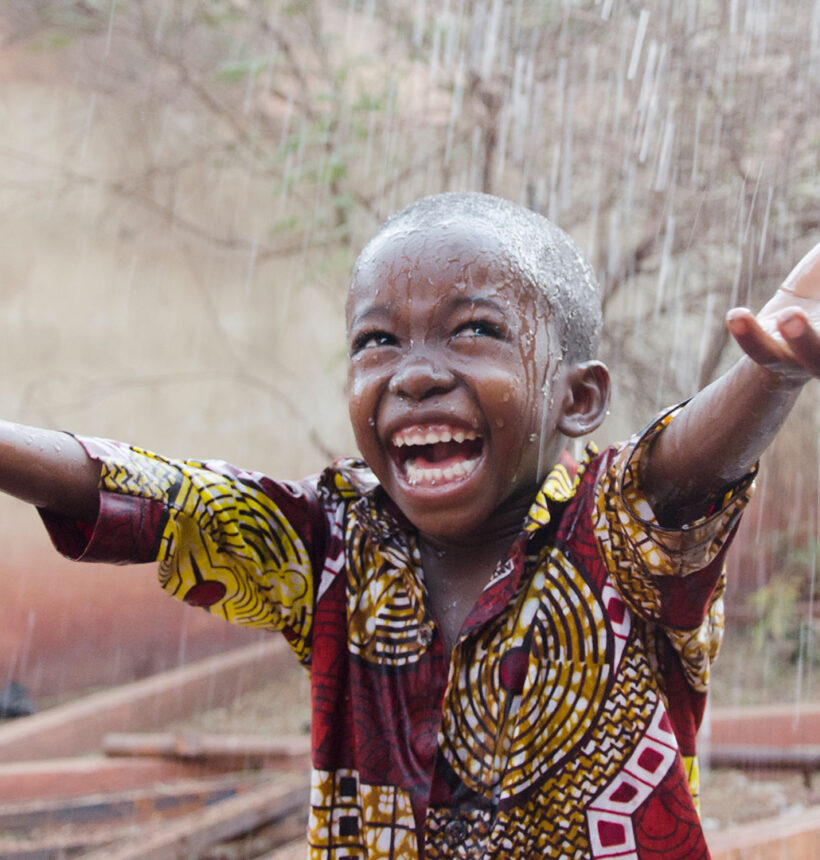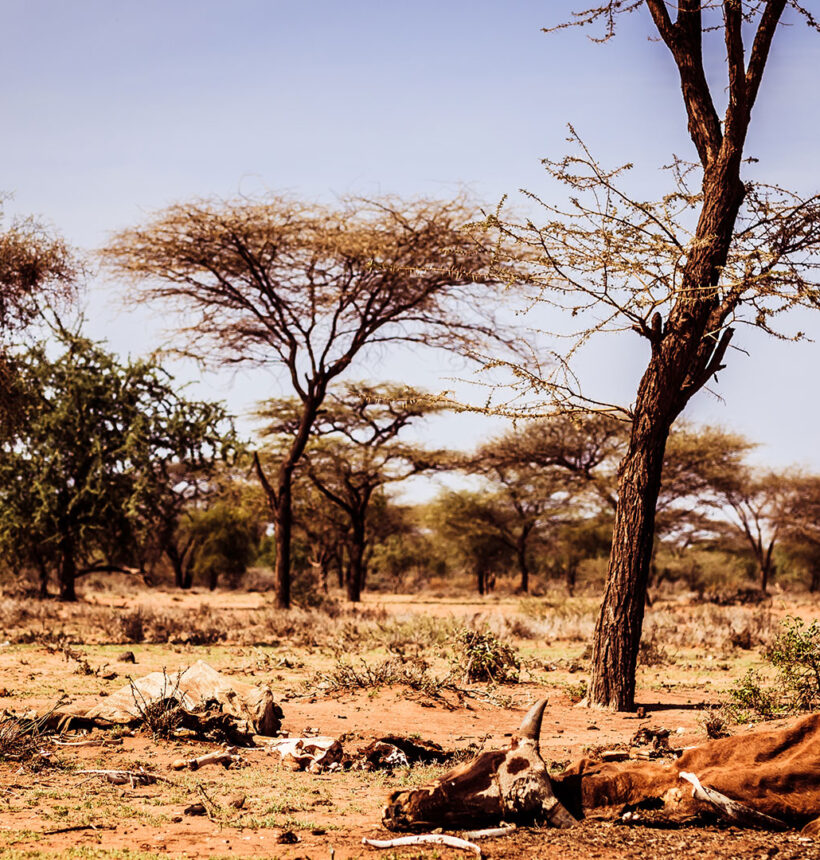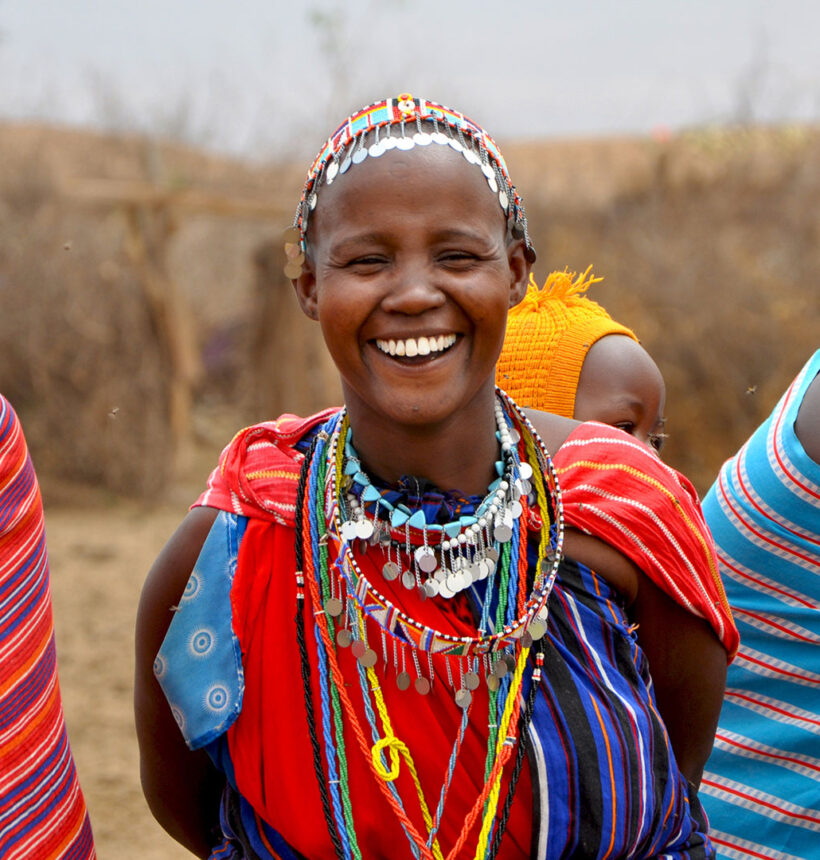About Us
The AACJ goal is to amplify and unite the voices in Africa demanding that women, youth, and local and indigenous communities in the project countries can defend…
The African Activists for Climate Change (AACJ) Program is a five-year program funded by the Dutch Ministry of Foreign Affairs.
Conceived by PACJA, FEMNET, Oxfam, Natural Justice, and African Youth Commission, the consortium aims at building a strong African movement, led by the groups most affected by climate change i.e., women, African youth, local and indigenous communities to help to ensure that people who are most impacted and have most at stake are at the frontline of designing, ddeveloping, implementing and monitoring climate action.

Amplified Voices
Amplified voices of people who are disproportionately affected by the changing climate, and that offer solutions for a more sustainable future, such as women, youth, and local and indigenous communities.
African narratives
African narratives that highlight lived experiences of women, youth, and local and indigenous communities impacted by climate change, and which can help change the terms of debate on climate change.
Citizen Empowerment
Empowered citizens/ communities that claim and defend their social and environmental rights.
Community-based best practices
Scoping and scaling of community-based best practices on adaptive capacities of climate frontline communities and.
Policy and practice change
Policy and practice change that prevent adverse impacts of climate change, support communities that are already affected, and enable the transition to more sustainable, and low carbon economies, while leaving no one behind.
Aamplifying and uniting the voices in Africa demanding that the most vulnerable groups- Women, Youth and local indigenous communities in the target countries and beyond have capacity to defend and realize their human rights and live a decent and dignified life in a healthy and sustainable environment, within the context of the climate emergency
The journey started when a group of African CSOs, concerned by the absence of an African civil society voice in the international climate change dialogue processes, came together to mobilize, coordinate and put the continent’s unique stake in and contribution to a global climate strategy at the front and center. Climate change is having a growing impact on the African continent, contributing to food insecurity, land degradation, population displacement and stress on water resources. However, many African citizens do not yet connect the multiple challenges they face to the global causes of climate change. Also for most governments, climate change is not yet a policy priority. Partly this is because other crises demand attention: corruption, debt, political instability, violence and unrest, gender inequality, unemployment, and more recently COVID-192
Climate change is seen as a topic that can be dealt with later. However, African governments also lack understanding of how climate change is disproportionately affecting citizens who already face many challenges and injustices: women, you,th and local communities, such as indigenous communities and urban poor. Instead of involving these groups in ipolicy-making to ensure their fundamental rights are met, governments are approaching climate change primarily as a technical problem, prioritizing discussion with experts and scientists. Most governments also still prioritize economic growth over bold climate action and continue investment in fossil fuels and enlarge-scale agriculture leading to the violation of peoples’ rights and destruction of the environment. The Consortium of the proposed program, African Activists for Climate Justice (AACJ), believe it is hugely unjust that people who have contributed least to the changing climate are most impacted. The AACJ consortium believes that the causes and effects of climate change must be must be related much more strongly to concepts of justice, in particular environmental justice and social justice
PACJA, FEMNET, Oxfam, Natural Justice and African Youth Commission have therefore come together to help strengthen an African movement for climate justice, amplifying the voice of Africans who are at the frontline of the climate crisis. We will work with women, youth and local communities – as well as other traditionally sidelined groups, such as people with disabilities – to call on governments and the private sector to act on the climate crisis and ensure the rights of all people to live a decent and dignified life in a healthy environment are met.



